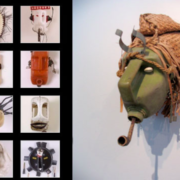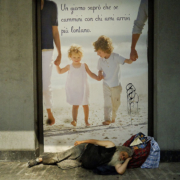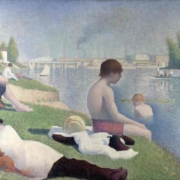From Trauma to Memory The “internal group” of origin and belonging in migrant children
Abstract
The intertwining between identity and memory in young underage immigrants is examined through a series of sessions that took place in a Welcome Centre. In the specific situation that involves children occupied in a migratory transit, the construction of the individual memory finds itself engaged on two fronts, as it implies not only a (re)construction of the individual past but also the struggle for a position in an internal “group”. It is along these edges that migrant children find particular difficulties that can be deeply observed, underneath superficial levels of good “integration”, using relational and conceptual tools that are able to give back, also inside an ethnographic enquiry, the constitutive complexity of identity plots and their intimate bond with multiplicity ad alterity. A methodology of encounter where psychoanalytic listening intertwines with anthropological gazing. Migration calls inevitably and immediately into question the cultural constitution of the individual psyche that is critically discussed in the work and illustrated through striking life stories.The question of belonging and of the “origin” becomes, for the migrant children of the so-called second “generation”, an area of constant interrogation, because they have to rapidly face the necessity of building a sense of identity and belonging along cultural borders that are uncertain and unstable. It is in fact necessary to unravel the traumatic knot linked to the migratory experience by finding tools of cultural and psychic representability of one’s own migratory “trauma”, without which it is impossible to constitute one’s own “memory”.







